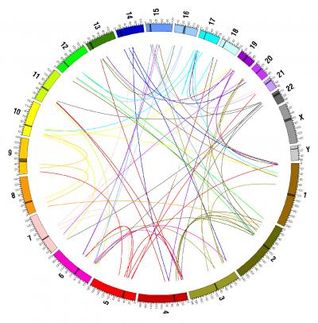Genetic variants associated with caffeine intake identified
Advertisement
Two genes in which variation affects intake of caffeine, the most widely consumed stimulant in the world, have been discovered. A team of investigators from the National Cancer Institute, Harvard School of Public Health, Brigham and Women's Hospital, and the University of North Carolina at Chapel Hill examined genetic variation across the entire genome of more than 47,000 individuals from the U.S., as described in PLoS Genetics.
The genes identified were CYP1A2, which has previously been implicated in the metabolism of caffeine, and AHR, involved in the regulation of CYP1A2. Individuals with the highest-consumption genotype for either gene consumed ~40 mg more caffeine than those with the lowest-consumption genotype, equivalent to the amount of 1/3 cup of caffeinated coffee, or 1 can of cola.
Caffeine is implicated in numerous physiological and medical conditions; it affects sleep patterns, energy levels, mood, and mental and physical performance. The identification of genes that have an impact on daily consumption offers opportunities to better understand these conditions. Further exploration of the identified genetic variants may provide insight into the speed of caffeine metabolism, how long caffeine circulates in the blood, or how strong the physiological effects of consuming a given amount of caffeine are.
Apart from smoking, genetic determinants of lifestyle behaviors have generally not been consistently described. This study is among the first to examine the entire genome for a relationship between genetics and caffeine intake, a lifestyle behavior relevant to over 90% of U.S. adults. The study's success also suggests that additional genetic determinants of dietary and lifestyle behaviors may be identified in the future using a similar genome–based research strategy.


















































